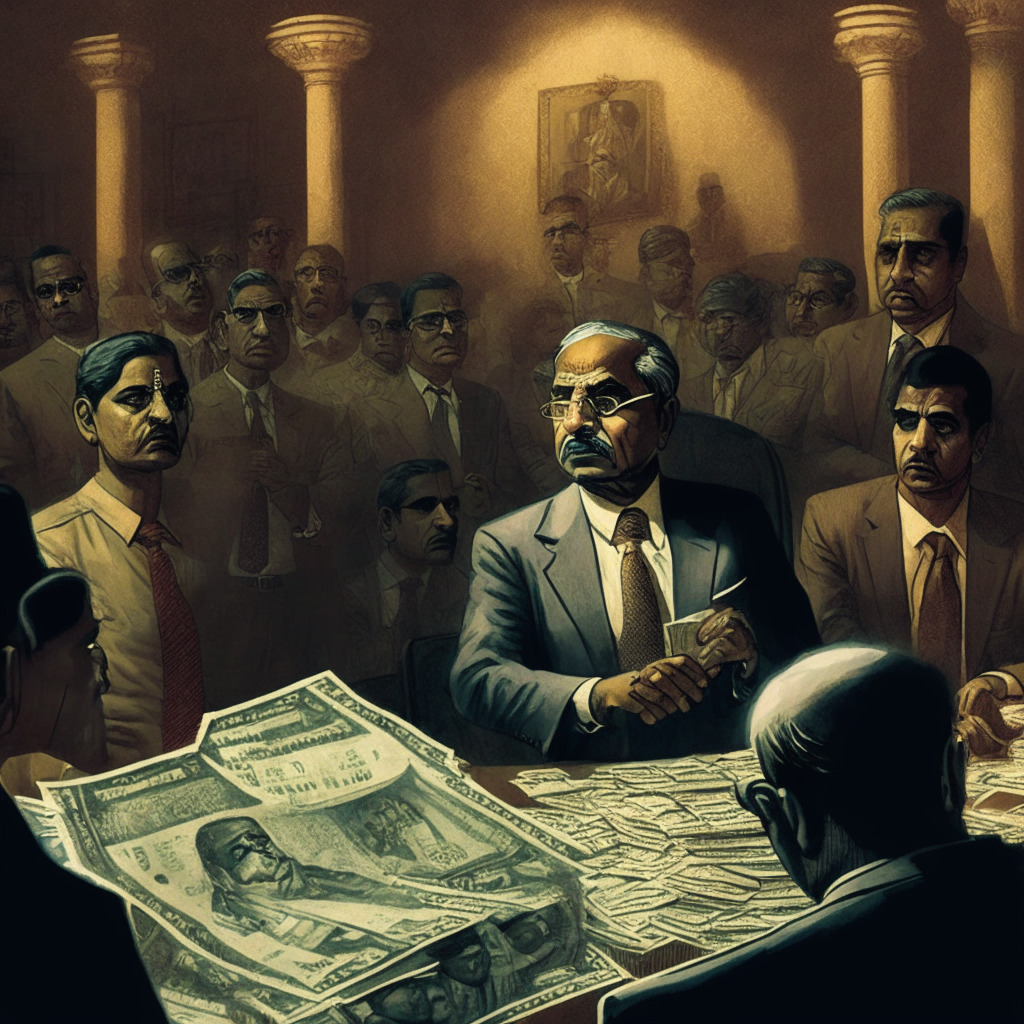Recent comments by Uday Kotak, CEO of India’s Kotak Mahindra Bank, have drawn attention to the “disproportionate power” of the U.S. dollar as a reserve currency. Kotak expressed concern over the subordination of world markets to the U.S. dollar hegemony and the associated financial risks. But how realistic is it to imagine a future where alternative reserve currencies challenge the dominance of the greenback, and what would such a shift mean for global financial markets?
The excessive influence of the U.S. dollar as a reserve currency was criticized by Kotak, who highlighted the vulnerabilities in the system. This notion has led several countries to explore alternative reserve currencies to reduce their dependence on the U.S. dollar. Geopolitical tensions and sanctions, particularly against Russia, have prompted rapid changes in how payments are settled and which currencies are being used. China’s recent efforts to internationalize the yuan offer one potential solution, while India has also shown interest in using the Indian rupee for settling cross-border payments.
However, the journey to establish an alternative reserve currency is fraught with challenges—chief among them, gaining the trust of the global community. Kotak expressed doubts about the ability of Europe, the UK, and Japan to step into the role of reserve currency holder, due to a lack of unity, heft, or trust. While China has potential, trust remains a significant barrier to the widespread adoption of the yuan. In Kotak’s view, India’s rupee could emerge as a viable contender, but this would require at least a decade of strenuous institution building and the development of a solid regulatory framework.
The debate surrounding the viability of an alternative reserve currency must consider both the pros and cons. On one hand, diversifying reserve currencies globally could help create a more resilient financial system less susceptible to economic shocks originating from a single dominant nation. On the other hand, the ensuing upheaval and jostling for position among alternative reserve currency contenders could lead to instability and uncertainty in the short term.
In conclusion, the potential shift away from the U.S. dollar’s disproportionate power as a reserve currency is a topic worthy of further discussion and exploration. The establishment of alternative reserve currencies could help create a more balanced and stable global financial system. However, the process of reaching such a future will require significant cooperation, trust-building, and reform among global economic powers. The main conflict revolves around the question of which nation or currency has the potential to become a viable alternative to the U.S. dollar, with trust being a crucial determining factor.
Source: Bitcoin News




